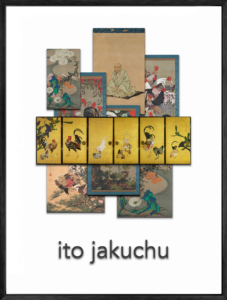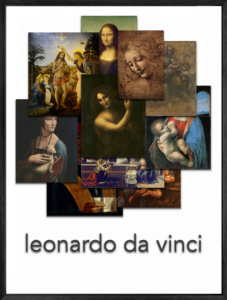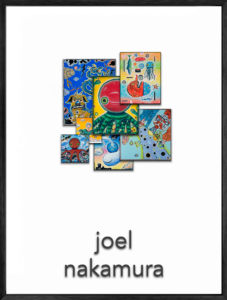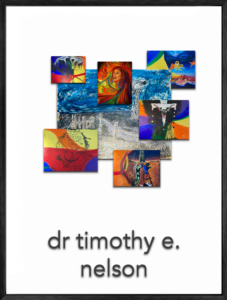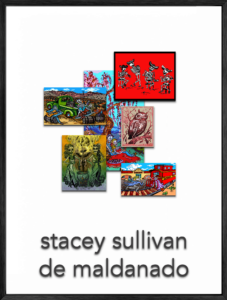Itō Jakuchū (伊藤 若冲, 2 March 1716 – 27 October 1800)[1] was a Japanese painter of the mid-Edo period when Japan had isolated itself from the outside world. Many of his paintings concern traditionally Japanese subjects, particularly chickens and other birds. Many of his otherwise traditional works display a great degree of experimentation with perspective, and with other very modern stylistic elements. Compared to Soga Shōhaku and other exemplars of the mid-Edo period eccentric painters, Jakuchū is said to have been very calm, restrained, and professional. He held strong ties to Zen Buddhist ideals, and was considered a lay brother (koji); but he was also keenly aware of his role within a Kyoto society that was becoming increasingly commercial.
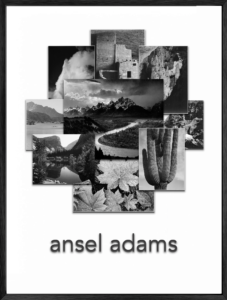
Adams, Ansel
Adams was a life-long advocate for environmental conservation, and his photographic practice was deeply entwined with this advocacy.

